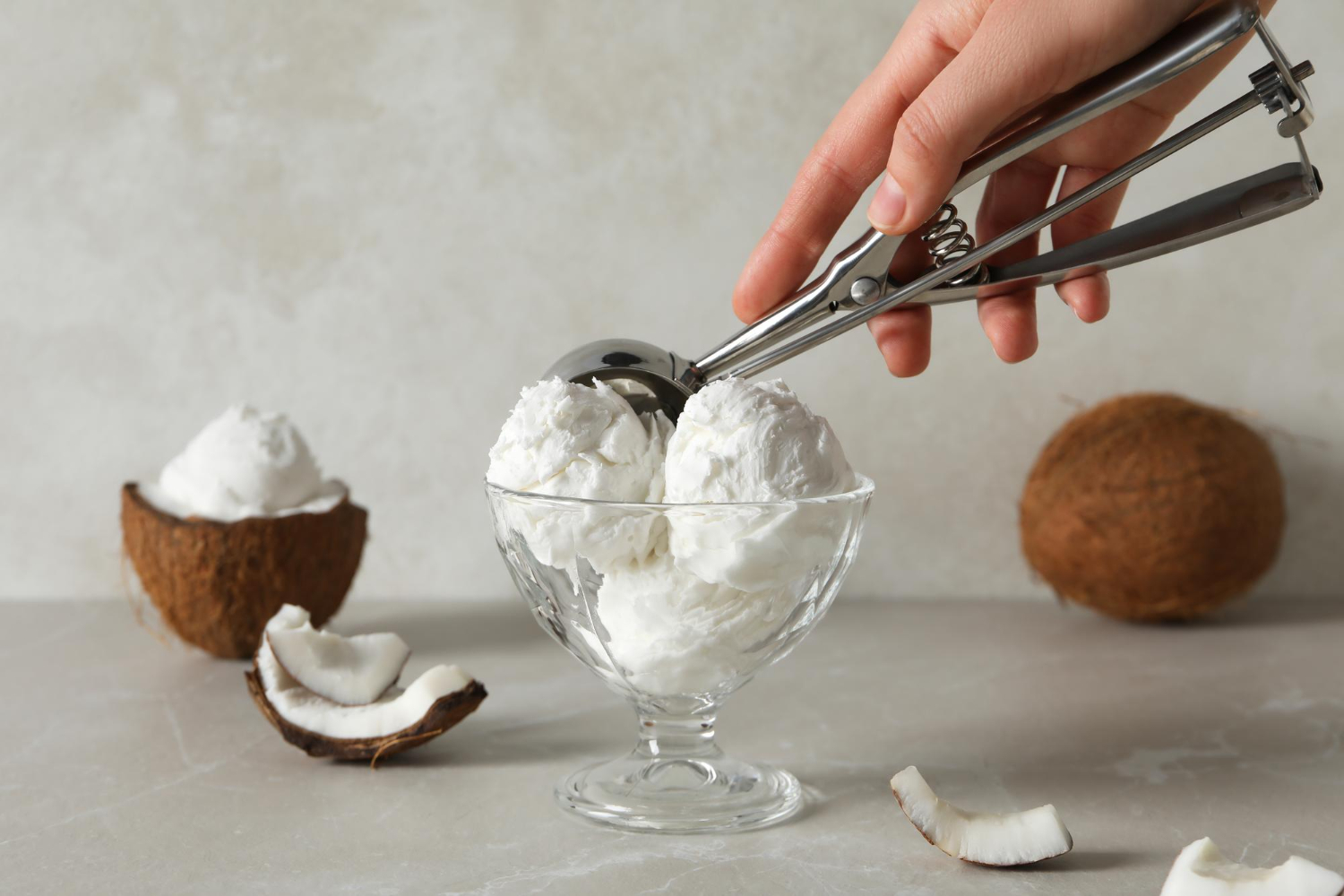Mould is a pesky problem that thrives in tropical climates, where warmth and humidity create the perfect breeding ground. It can sneak into any damp corner, causing damage and creating health risks. From wooden furniture to books and clothes, mould can target almost anything.
This article explores how virgin coconut oil might offer a natural defence against mould growth. By understanding its properties and application, you could keep your home mould-free while also enjoying the many other benefits this tropical marvel offers.
Understanding Mould Growth in Tropical Climates
Mould thrives in warm and humid environments, making tropical climates ideal for its growth. These areas often experience heavy rainfall and high humidity levels, contributing to mould development. When moisture lingers on surfaces, it provides a breeding ground for mould spores to settle and grow.
Mould develops in bathrooms, kitchens, and basements—areas with lots of moisture. However, mould doesn’t just stick to tiles and drywall. It can grow on almost any material, like wood, fabric, paper, or even food. Clothes stored in damp conditions, books kept in moist basements, and wooden furniture are susceptible to mould infestations.
Preventing mould growth in such climates poses significant challenges. Managing persistent moisture is tricky, especially in regions with regular rain and humidity. Ventilation is crucial to curb mould, but it is not always possible, particularly during rainy seasons. Additionally, materials commonly used in tropical settings, like natural fibres and wood, tend to retain moisture longer, further complicating the battle against mould. Effective prevention requires constant monitoring and proactive measures to manage the dampness that invites mould.
Properties of Virgin Coconut Oil That Inhibit Mould
Virgin coconut oil is loaded with natural properties that may make it useful in the fight against mould. One of its standout features is its antifungal properties, thanks to the presence of compounds that can combat mould growth. This is a potential ally in preventing mould in your home.
Lauric acid, a significant component of virgin coconut oil, plays a big role in this antifungal capability. Lauric acid can penetrate the cell membranes of mould spores and disrupt their growth process, ultimately preventing them from spreading. This unique aspect of coconut oil makes it particularly effective as a natural option for mould prevention.
Besides lauric acid, virgin coconut oil contains other fatty acids and enzymes that enhance its antifungal properties. These components form a protective barrier on surfaces, making it tougher for mould to take root. With these antifungal qualities, virgin coconut oil becomes a valuable addition to your arsenal against mould, especially in environments where humidity and warmth continuously promote mould growth.
Using Virgin Coconut Oil for Mould Prevention
Virgin coconut oil can be a helpful natural tool for tackling mould growth in your home. Here’s a step-by-step guide to using it effectively:
1. Preparation
Ensure surfaces are clean and dry before applying coconut oil. This helps maximise its effectiveness in preventing mould growth.
2. Application
Use a clean brush or cloth to apply a thin layer of virgin coconut oil to areas prone to mould, such as bathroom tiles, wooden surfaces, and even leather items. For larger surfaces, you may even use a spray bottle for distribution.
3. Frequency
Reapply the coconut oil every few weeks or after cleaning to maintain its protective barrier against moulds.
When using coconut oil, consider these precautions:
– Test on Small Areas: Before applying extensively, test a small, hidden area to ensure the oil does not stain or damage surfaces.
– Be Cautious on Floors: Avoid using on floors to prevent slipping hazards.
These simple steps can help you harness the natural power of virgin coconut oil to create a protective layer that effectively inhibits mould growth in your home.
Other Benefits and Considerations of Using Coconut Oil in Tropical Settings
Virgin coconut oil isn’t just for mould prevention. There are numerous benefits to using it in tropical environments:
1. Skin Protection: Coconut oil can act as a natural moisturiser, helping to soothe and hydrate skin affected by the tropical sun.
2. Wood Conditioning: Applying coconut oil on wooden furniture can help to condition and preserve the wood, preventing it from drying out and cracking.
While it offers many benefits, consider these limitations:
– UV Sensitivity: Coconut oil does not offer significant sun protection against UV rays, so always pair with proper sunscreen.
– Staining Risks: Be cautious about using it on fabrics, as it can leave oily stains.
Coconut oil should be stored in hot, humid conditions and kept in a cool, dark place to prevent it from becoming rancid. To maintain its quality, the container should be sealed tightly after each use.
Conclusion
Virgin coconut oil is a versatile and natural solution for preventing mould growth in tropical climates. By leveraging its antifungal properties, you can help protect your home from the pervasive issues mould can cause. Beyond mould, coconut oil offers additional benefits, such as hydrating your skin and conditioning wood surfaces, making it a valuable addition to your household products in tropical regions.
Understanding how to properly use and store coconut oil can maximise its benefits while minimising potential drawbacks. Coconut oil is not just a bacterial barrier; it’s a multipurpose marvel that can support your home and lifestyle in myriad ways.
For those looking to integrate premium coconut products into their daily life, Export Lanka offers a variety of sustainably sourced coconut goods. Discover how our products can help you enhance your home naturally and effectively. Browse our collection today and bring the tropical benefits of virgin coconut oil into your world.






